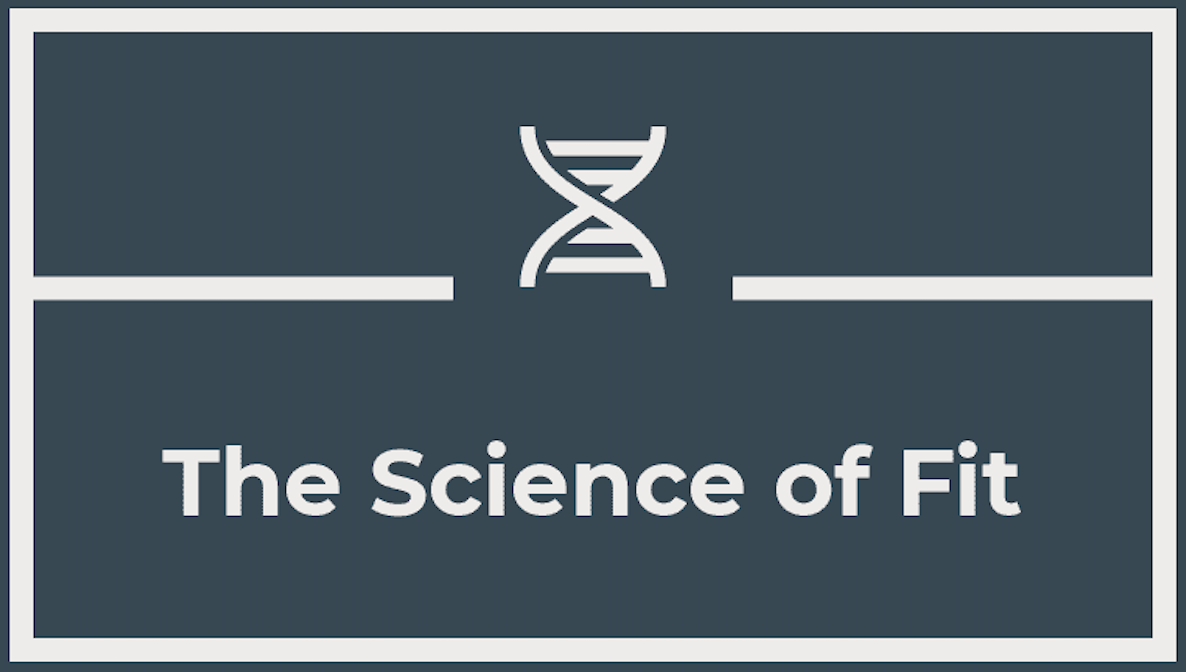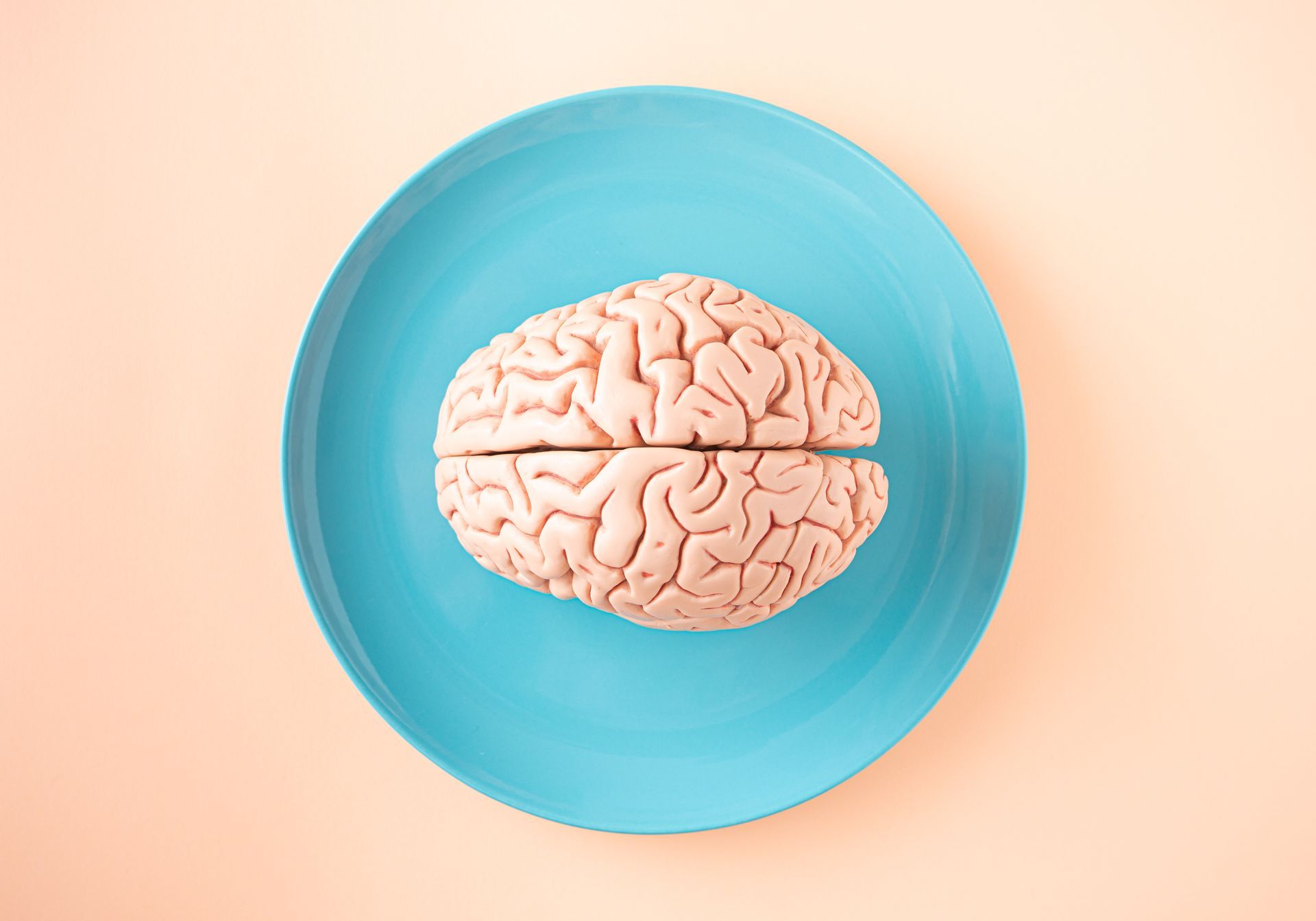Adenosine and Wakefulness
Adenosine and Wakefulness: Unraveling the Role of Adenosine in the Context of Caffeine Use

Adenosine, a ubiquitous molecule in the human body, plays a vital role in regulating wakefulness and sleep. This article explores the mechanisms through which adenosine influences the sleep-wake cycle and delves into the relationship between adenosine and caffeine, a widely consumed psychoactive substance. Understanding how adenosine contributes to wakefulness and the impact of caffeine on this system is essential in appreciating the broader implications for human health and well-being.
The regulation of wakefulness and sleep is a complex interplay of neurotransmitters, hormones, and circadian rhythms. Adenosine, a purine nucleoside, has emerged as a critical player in this intricate system. In this article, we examine the multifaceted role of adenosine in promoting sleep and how caffeine, a popular stimulant, interacts with the adenosine system to alter wakefulness.
Adenosine and the Sleep-Wake Cycle
Adenosine accumulates in the brain throughout the day as a natural byproduct of cellular energy metabolism. As adenosine levels rise, it binds to specific receptors, primarily the adenosine A1 and A2A receptors. Activation of these receptors has a sedative effect, promoting feelings of drowsiness and sleepiness. Adenosine's sleep-inducing properties are well-documented, making it an essential component of the sleep-wake cycle.
Adenosine Accumulation During Wakefulness
During periods of wakefulness and activity, adenosine levels steadily increase due to the ongoing consumption of energy in the form of adenosine triphosphate (ATP). As adenosine accumulates, it exerts its sedative influence on the central nervous system, ultimately contributing to the need for sleep and rest.
Caffeine's Antagonistic Action
Caffeine, a methylxanthine compound found in coffee, tea, and various other beverages and products, exerts its stimulant effects through its antagonistic action on adenosine receptors. By binding to the same receptors that adenosine targets, caffeine prevents adenosine from exerting its sedative influence. Consequently, caffeine consumption results in increased wakefulness and alertness. Check out this podcast by David Huberman, an instructor in neurobiology at the Stanford School of Medicine, on optimizing Caffeine use.
Impact of Caffeine on Adenosine Receptors
Caffeine competes with adenosine for receptor binding sites, effectively blocking adenosine's ability to trigger drowsiness. This leads to a sense of alertness, improved cognitive function, and enhanced physical performance. However, the effect of caffeine is temporary and typically followed by a "crash" when its stimulating effects wear off, and adenosine can once again exert its sedative effects.
Health Implications
Understanding the interplay between adenosine and caffeine is essential for appreciating the potential health consequences of caffeine consumption. Chronic caffeine intake can disrupt the natural sleep-wake cycle, potentially leading to sleep disturbances, insomnia, and other sleep-related disorders. It may also affect the body's ability to recover during sleep, impacting overall well-being.
Conclusion
Adenosine is a key regulator of the sleep-wake cycle, and its interaction with caffeine has profound implications for daily life and health. While caffeine can be a useful tool for maintaining alertness and cognitive performance, it should be consumed in moderation, and individuals must be aware of its potential to disrupt the natural sleep-regulating functions of adenosine. Further research into the adenosine-caffeine relationship will undoubtedly yield valuable insights into improving sleep quality and overall health.










